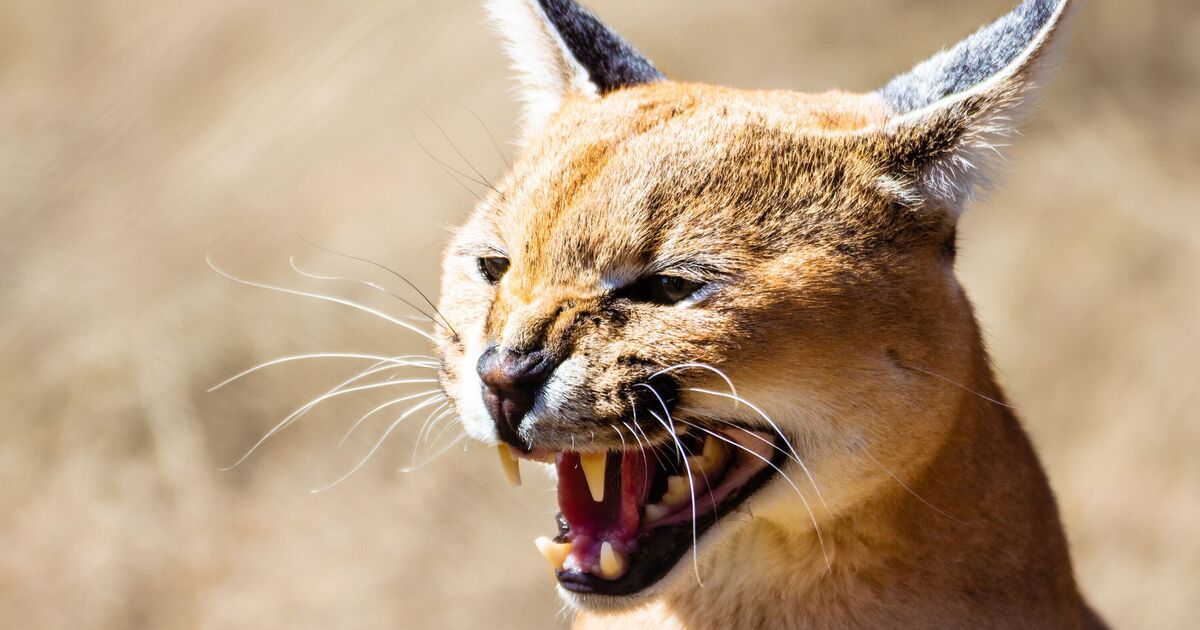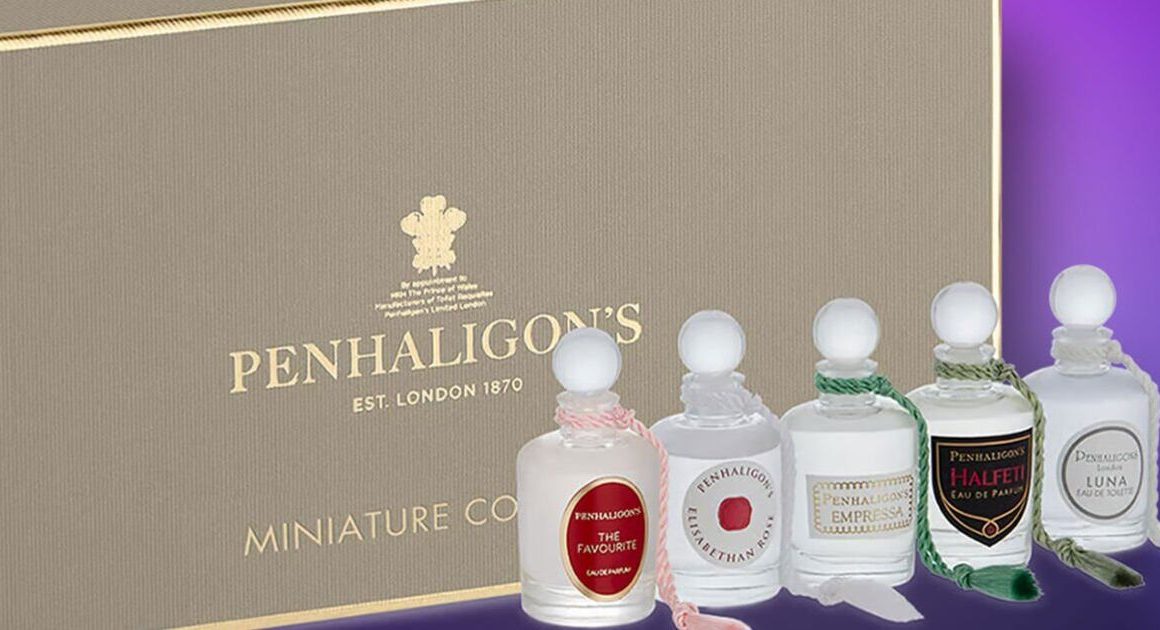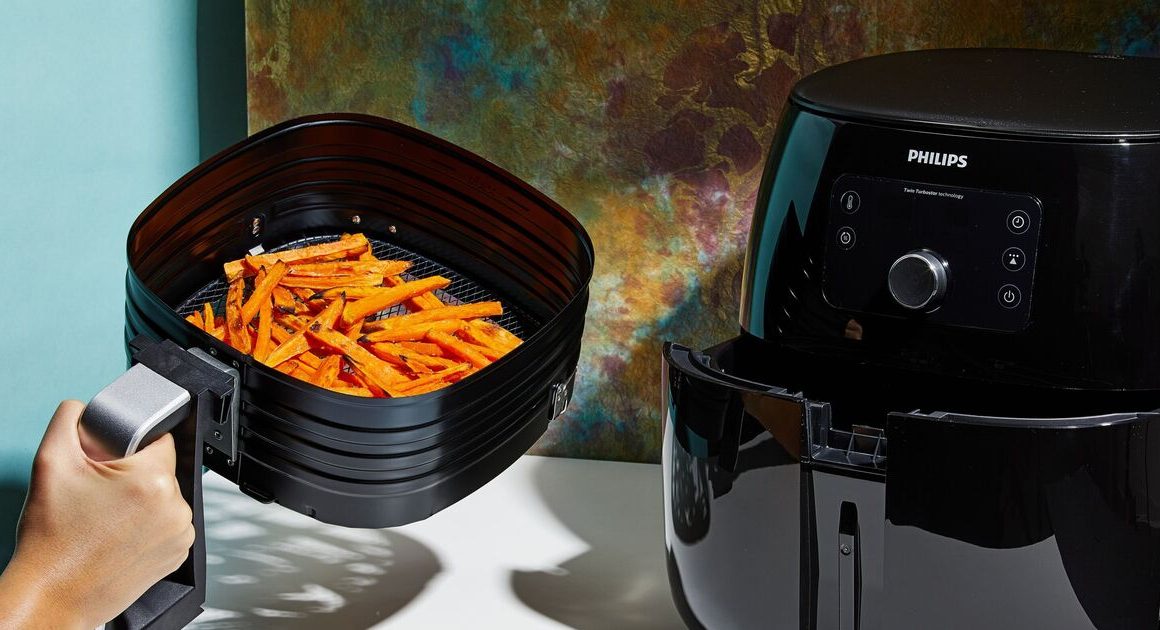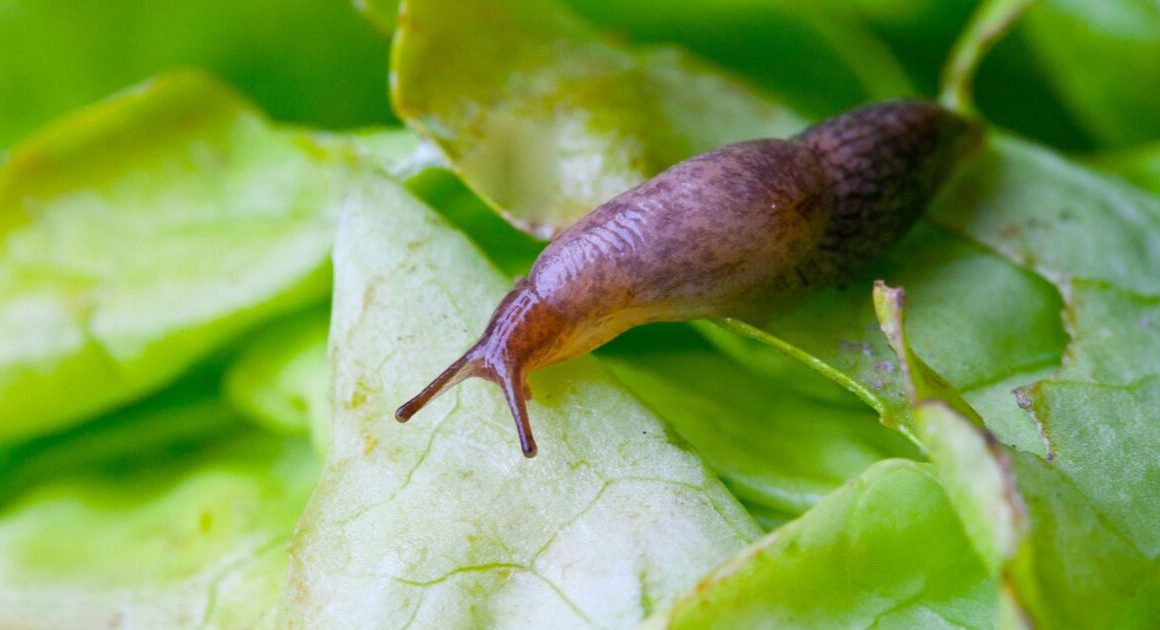While dogs, cats, and fish are some of the most common types of animals to own as pets in the UK, some might decide to go with a more exotic option when picking a family pet.
One such pet is Pumba, a five year old caracal that lives in Latvia – where it’s legal to own caracals – with his owner Deniss Jegorovs and his other two domestic cats.
Caracals are medium-sized wild cats, known for their striking appearance and distinct behaviours, native to Africa, the Middle East, Central Asia, and arid areas of Pakistan and northwestern India. Renowned for their distinctive tufted ears and agility, caracals are typically solitary animals, which makes Pumpa’s relationship with Deniss and the cats quite unusual.
Pumba has become an internet sensation in recent years, boasting over 11.1 million followers on TikTok where Deniss posts videos of their everyday life.
“Pumba hates being alone so he usually follows us during the day,” Deniss told Metro. “He likes sitting next to us and watching TV in the evening. We usually feed him three times a day. He also enjoys spending time with our two other cats, a Maine Coon and British Shorthair.”
Pumba is often seen joining in on playtime with the other cats, as they all chase the same toys. And this is not the only way she acts like a domestic cat.
Despite often being seen hissing at the camera, he loves a good cuddle with his owner and the other cats, as well as exploring the outside areas.
Deniss revealed the challenges of keeping his pet caracal, Pumba, saying: “Our main challenge is not to let Pumba escape from our territory, because it happened in the past and he could not find a way home, so we were searching for him for two days.
“Also in the winter our lake turns into ice and Pumba tries to leave our territory crossing the lake. That is why we keep him inside in the winter.”
He also mentioned that when taking Pumba out for walks, they often face questions about whether the caracal is dangerous, but people are usually excited to see him.
Despite Deniss’ assurances, viewers remain sceptical about the idea of having a wild animal as a pet. One viewer inquired on a video, “Is he actually dangerous or just grumpy? I really wanna know,” leading to another’s response: “It’s a way of saying he’s happy I searched it up. “
The Feline Conservation Foundation say that caracals use hissing to express their emotions, which can be interpreted through their body language.
“Don’t you think he’s going to hurt the smaller cat!!” another person commented on a video of Pumba playing with a main coon cat, while others joked, “Keep your enemies closer.”
Pumba is often seen joining on play time with the other cats, as they all chase the same toys. And this is not the only way she acts like a domestic cat. Even though he is often seen hissing at the camera, he acts very similarly to the other cats. He loves a good cuddle with his owner and the other cats, as well as exploring the outside areas.”
Run while you still can,” others adore the videos of Pumba, marveling at the experience of having a wild animal as a pet. One online user cooed: “I don’t care if he bites me, he is so cute,” while another commented: “he is such a sweetie pie he must be mighty happy where he’s at.”
In the UK you need a licence to keep some animals considered to be wild, dangerous or exotic. You can apply to your local council.












